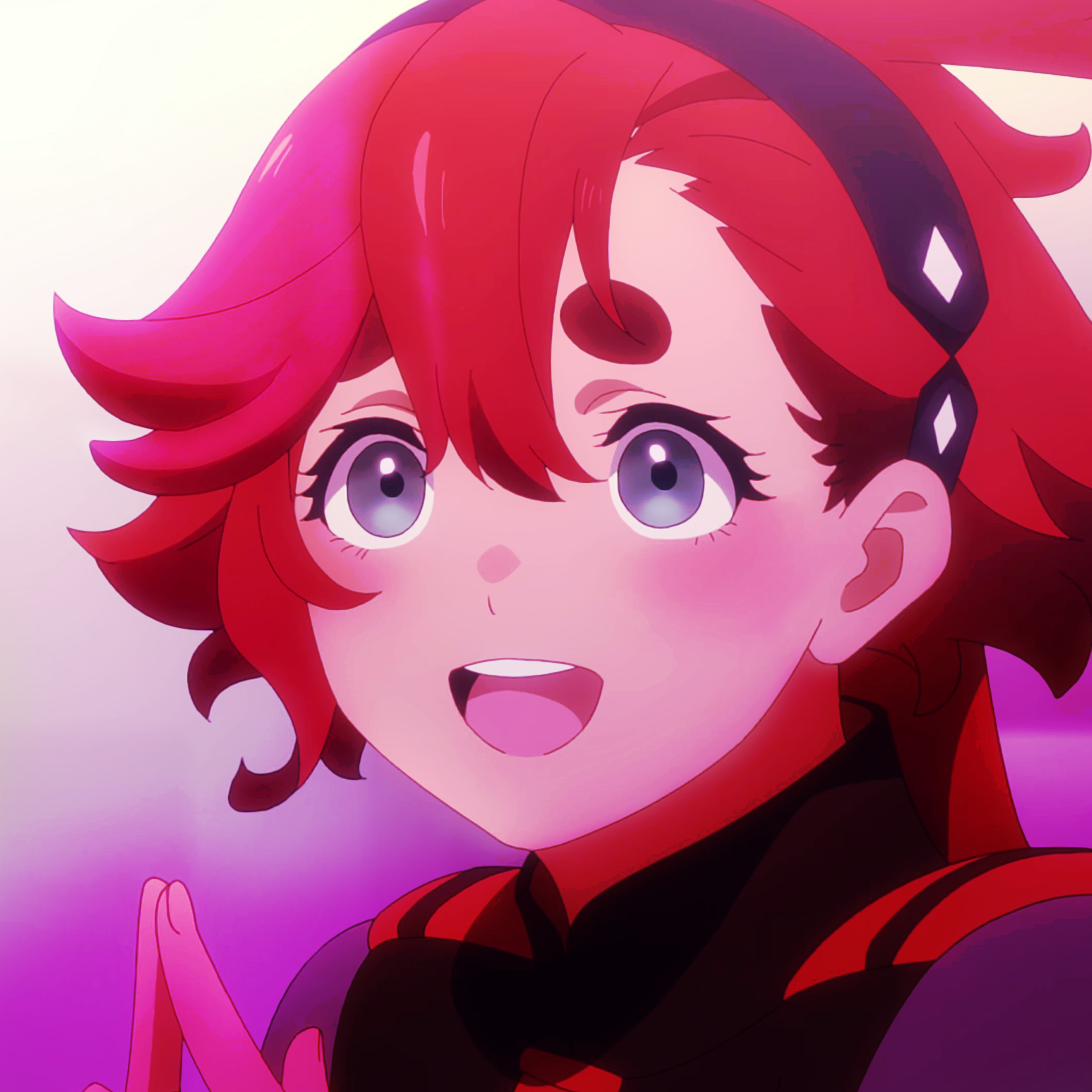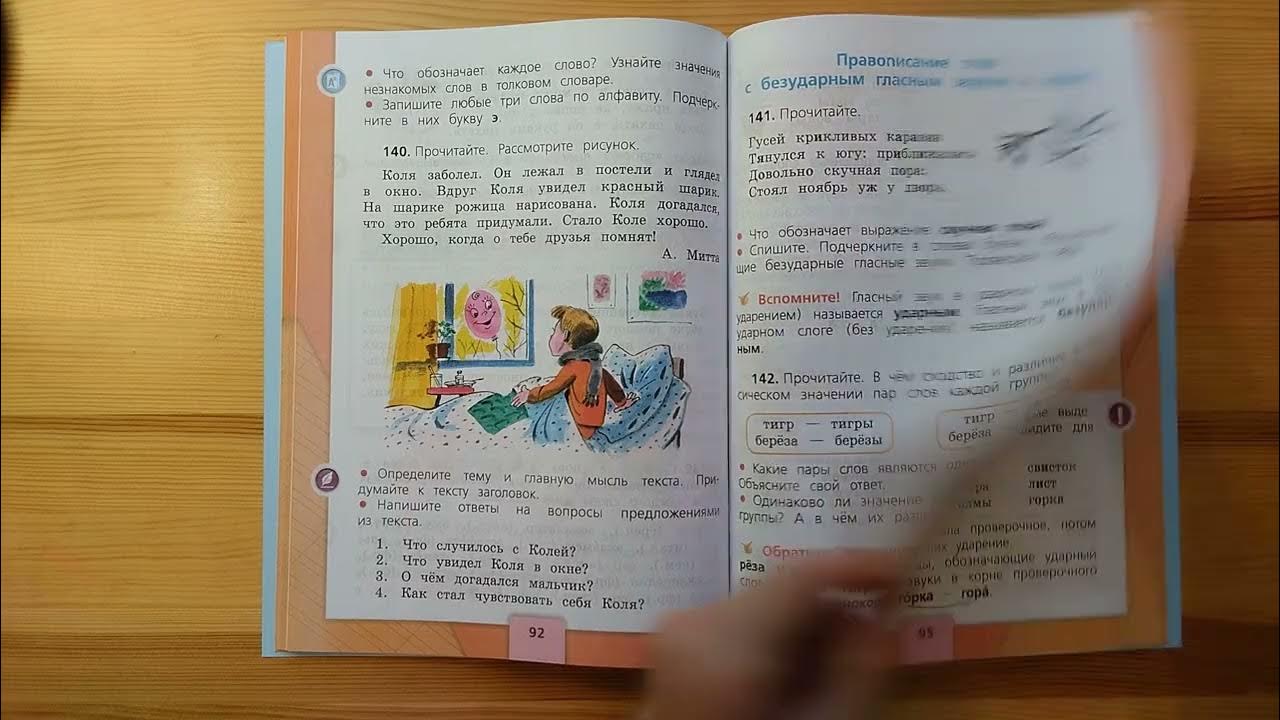You can use the auto-generated translated captions if you want to watch. I tried to clean it up, but because the subject matter is in Russian, the core of the issue just doesn't transfer to English. Basically the dude compares a modern textbook to a textbook by Kostin from 1953. The 1953 Russian textbook starts with a straightforward exposition about stressed and stressed vowels and how to check them in the root word, and gives 10s of examples for each of the 5 vowels.
Then comes the new textbook by Kanakina and Goretskiy (the uploader includes his conjecture about why they included Goretskiy on the cover). It is overloaded with pictures, and every page has a "Remember!" and "Pay Attention!" blurb attached, which dilutes their meaning.
He then makes a point to demonstrate what he calls "inappropriate theorizing". The fat orange blurbs all have some dense wall of definitions, and they themselves are not clear. Seems like an attempt at introducing rigor that is misplaced. The other blurbs about remembering and paying attention are also written obtusely. This is a textbook for 8 year olds, if I haven't mentioned yet.
This doesn't seem to be a unique thing, many teachers in Russia and other post-Soviet countries have observed this mangling of Russian, math, and natural sciences textbooks. This video is viral on Russian internet.



I have had some thoughts on school book production, which I may as well post here:
So, here in Germany, there are large, private publishers of school books. These are basically monopolies. They create school books based on the curriculum standards set by the government. There is a "market" in the sense that the teachers at the various schools can choose among several books that are available and approved by the ministry (assuming they get budget approval). Those publishers (e.g. Bertelsmann) are, btw, also behind lobbying efforts to open up more parts of the education system to private interests.
These books get minor updates almost every year, which are insignificant for the most part (lots of changing things around so the page numbers are off). Old editions cannot be bought. This causes confusion among teachers and students. This is, I'm pretty sure, so that the schools will buy a new full set of books every couple of years. The publishers also completely discontinue the books every now and then, and instead publish a totally new books.
The way new books are made is that they hire a bunch of teachers, and tell them to write some chapter of the book, based on the government standards. They try to do this mostly on the cheap, so there's a lot of looking at existing books while barely avoiding plagiarism. The quality doesn't actually improve over time, and there is not really much feedback from the actual teachers using the books.
If, instead, the books were made in some sort of collaborative process, by interested teachers, researchers at universities, and so on, that would improve things a lot I reckon. A bit maybe like Wikipedia or Linux, and ideally with a blanket suspension copyright for educational purposes, so that they can include whatever material they like. Of course the teachers should be paid for this work as well.